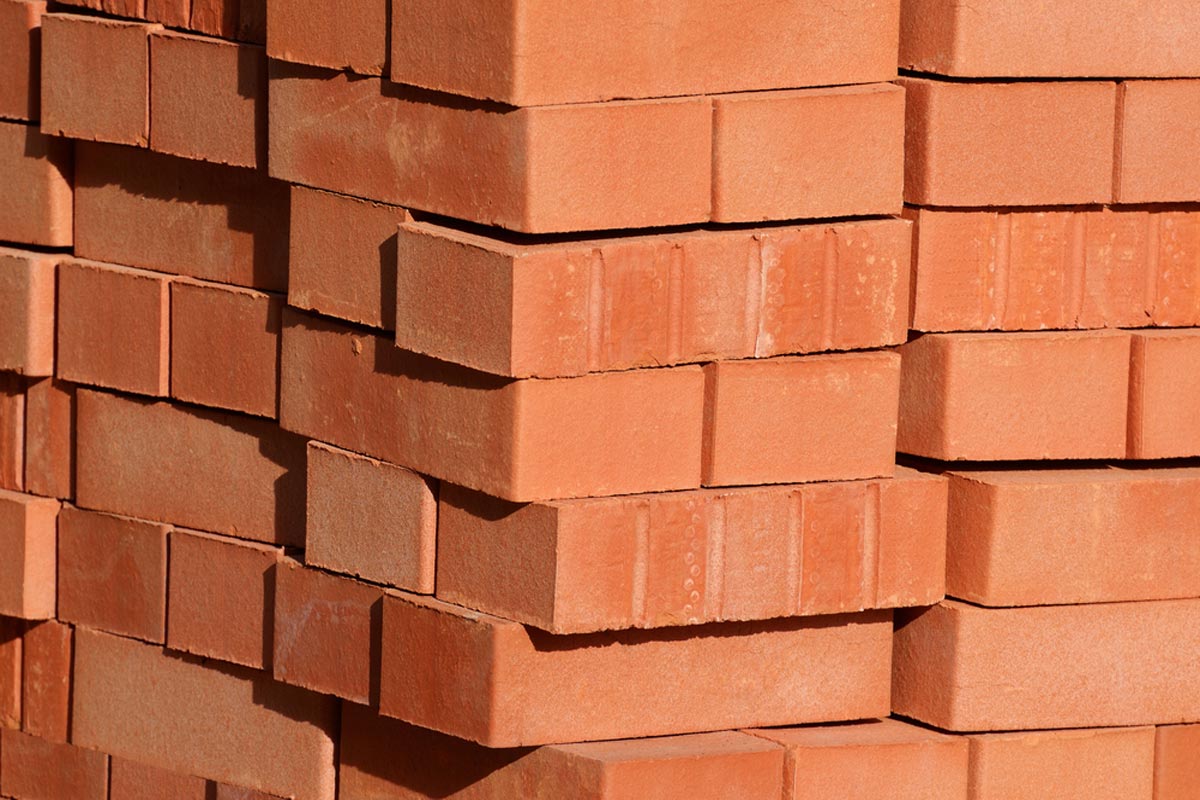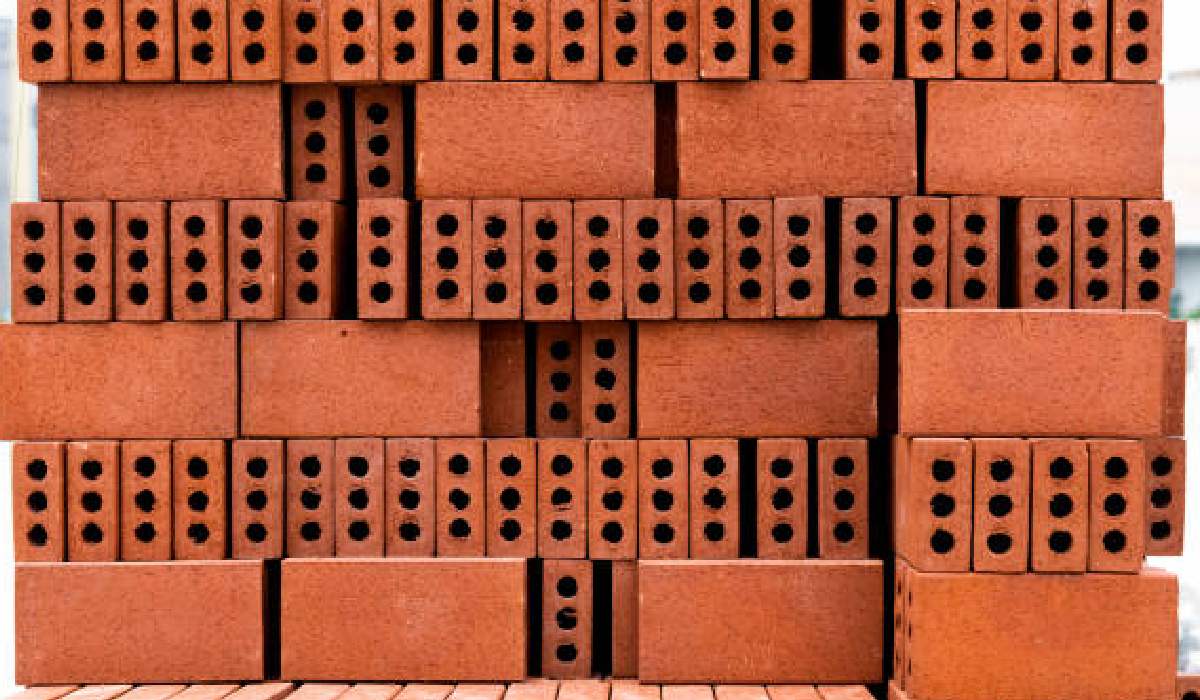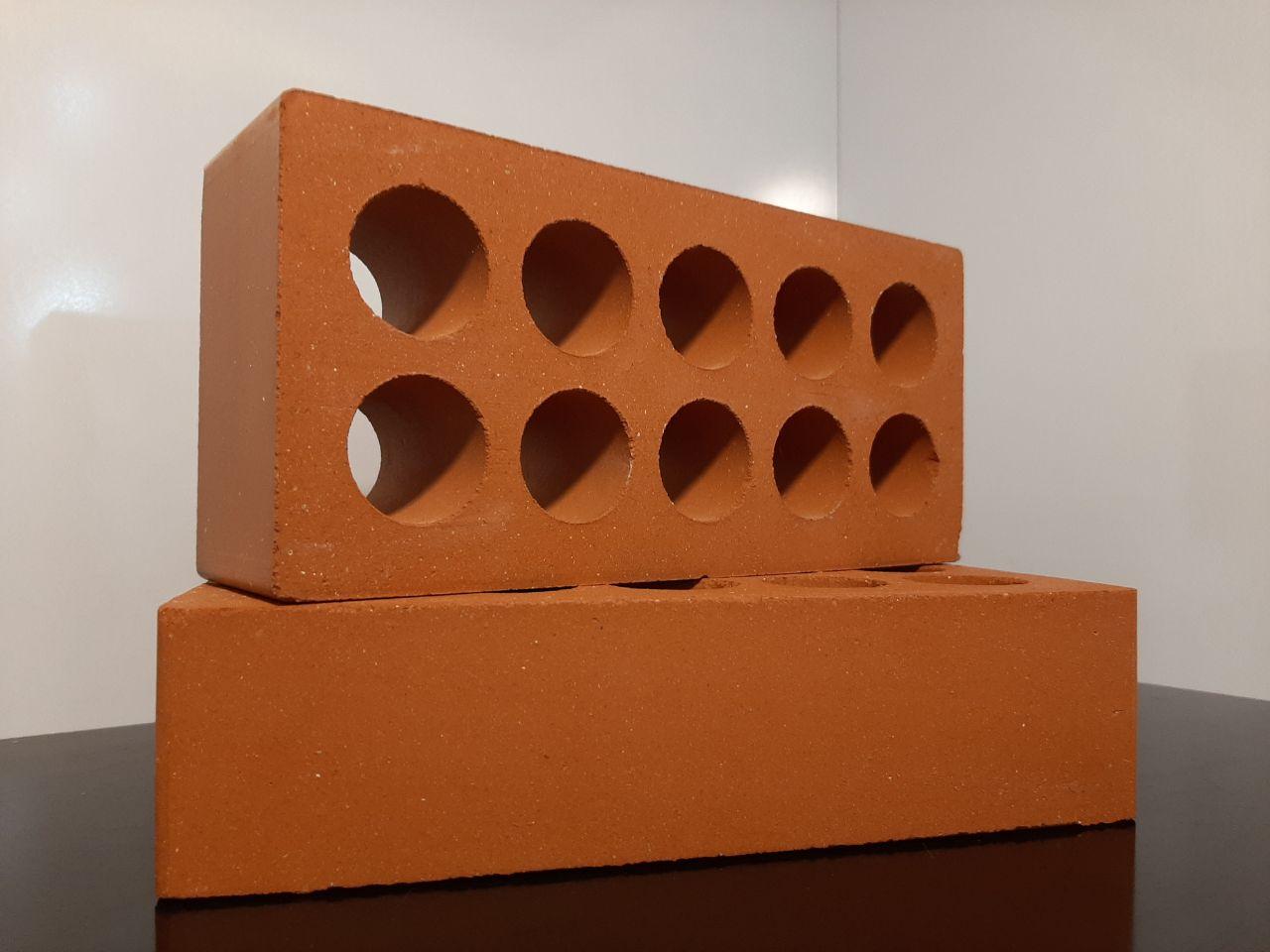According to the Ana Science and Technology News Agency Market Group, bricks are used as one of the most important building materials in the construction industry. The price of bricks is affected by many factors. Due to its ability to withstand high heat, this material is a suitable choice for buildings, furnaces, and buildings that need to withstand high temperatures. There are different types of bricks that have different uses. For example, traditional bricks are used in the floors, and lifton and terracotta bricks are used in the construction of the facade walls and interior blades. In this article, we examine the factors that affect the price of bricks and examine the role of each of these factors in determining the final price of bricks.

Effect of brick type on brick price
Prices for different types of bricks are different. There are different types of bricks. Including clay (blade) bricks, levton bricks, kazakh bricks, clay bricks, decorative bricks and pressed bricks. Each type of brick has its own characteristics and features that may lead to a price difference. For example, Lefton brick usually has a higher price than clay brick due to its lightness and its thermal and insulating properties.
brick quality
Also, the quality of the brick and its performance in the building have a significant impact on its price. Higher quality bricks have stronger strength and usually have a higher price. In addition, the quality of production and the use of high-quality raw materials can also be effective in determining the price of bricks.
Brick size and dimensions
The size and dimensions of the bricks can also be another characteristic to determine the price of the bricks. Larger bricks with special dimensions usually cost more. Also, some bricks with specific dimensions and shapes are used as decorative bricks in special uses and often have a higher price.

raw materials
The raw materials used in the production of bricks can also affect its price. The cost of processing and supplying materials such as soil, clay, lime and cement as raw materials in brick production affects the final price of bricks. Changes in the price of raw materials can lead to changes in the price of bricks due to variable factors such as exchange rate changes or market changes.
production cost
The cost of production also directly affects the price of bricks. In the brick production process, there are different stages, and the cost of each of these stages is effective on the final price of the brick. These steps include:
-
Purchase of raw materials
As it was said, the price of raw materials used in the preparation of bricks affects its final price. The raw materials used in the production of bricks include soil, clay, lime and cement. The price and quality of raw materials greatly affect the price of bricks. High-quality raw materials usually cost more, which can increase the price of bricks. Also, changes in the price of raw materials can change the price of bricks.
-
Step of preparing the mixture
In this step, the raw materials are properly combined to prepare the brick mixture. The correct ratio of raw materials and compliance with relevant standards can affect the quality of the brick mixture, and as a result, its price.
At this point, the brick mixture is placed into specific molds to form the bricks. The shape and dimensions of the bricks can affect the price of the bricks. The price of bricks with specific dimensions and shapes may be higher.
Cast bricks must be dried in an environment to obtain proper strength and quality. The duration and conditions of drying can have a significant impact on the price of bricks. Bricks that require longer drying times are usually more expensive than bricks that require shorter drying times.
A final baking stage is done on the bricks in order to improve their strength and physical properties. At this stage, the bricks are placed in special kilns and baked at a high temperature. The firing process can affect the price of bricks. Bricks that need to be baked at a higher temperature and for a longer period of time will be more expensive than bricks whose baking process takes a shorter time.
Quality control is very important at all stages of brick production. Inspections and quality tests may lead to additional costs for the manufacturer, which will increase the final price of the bricks and at the same time ensure the quality of the bricks. The costs related to these production steps directly affect the final price of the bricks. For example, the use of advanced technologies and modern equipment in the production process may increase the cost and thus raise the price of bricks. In addition to the steps mentioned, the use of professional labor is also one of the factors for increasing the value of bricks. The more cheap labor is used in the brick production process, the lower the final price of the bricks.

Supply and demand
The volume of demand and supply of bricks in the market can also affect the final price of bricks. If the demand for a particular type of brick is more and the supply is limited, its price will increase. In addition, changes in the construction market, local demand and the needs of builders can lead to changes in brick prices.
Conclusion
The price of brick, as an important building material, is affected by many factors. This material is used for the construction of buildings that require strength and high temperature resistance. Paying attention to brick type, quality, dimensions, raw materials, production cost, demand and supply can help determine a fair and reasonable price for bricks. Different types of bricks have different uses and depending on their use, their prices also vary. For example, the price of clay (blade) bricks, the price of Leviton bricks, Kazakh bricks, clay bricks, decorative bricks, and pressure bricks are different. In addition, the stages of production of each type of brick are important factors that determine the final price of the brick. The production steps include purchasing raw materials, mixing materials, forming, drying, baking, and brick quality control. Each of these steps can impose different costs on the product depending on the equipment and labor and thus determine the final price of the bricks.










